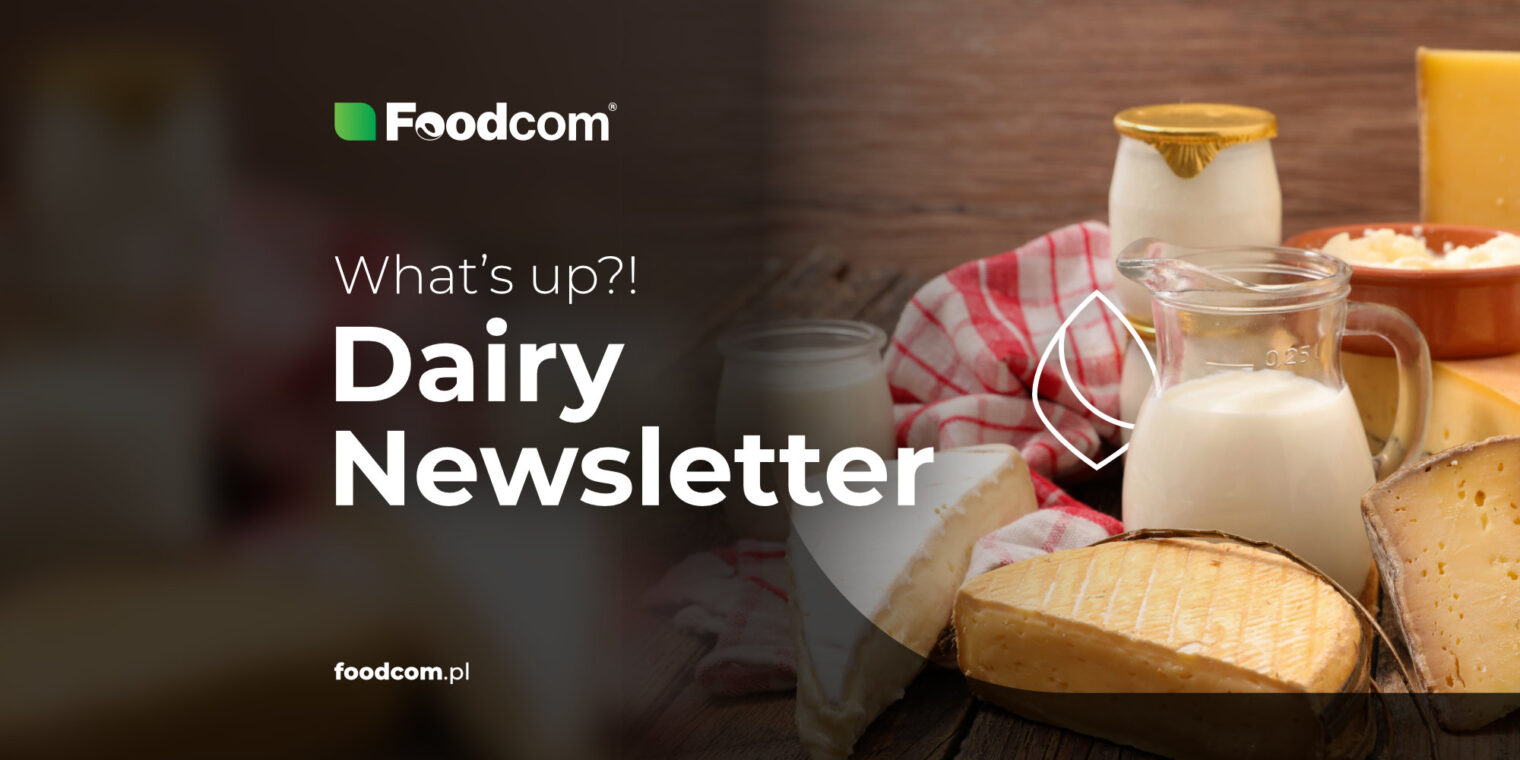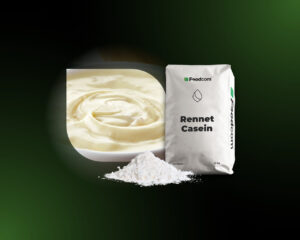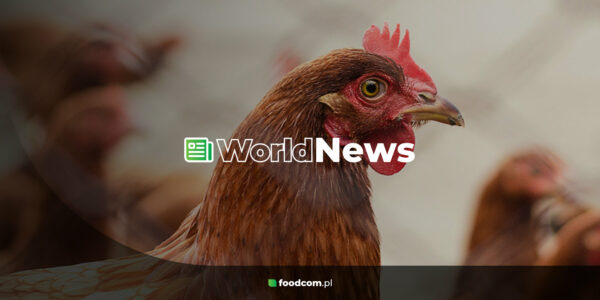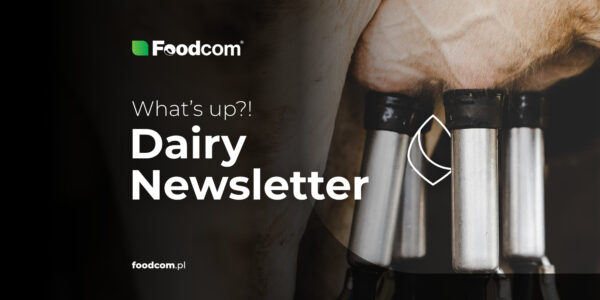Zusammenfassung
Inhaltsübersicht
Europe
Danone suggests raising taxes in the UK
The head of Danone UK has called on the government to introduce a higher tax rate on foods high in salt, sugar or fat. He believes the tax rate should be linked to the ‚health properties‘ of the product. He believes that it is too late for manufacturers, who have shown no willingness to self-regulate prices, and that the government must intervene in the current situation. A mean person might ask if Danone’s ideas were born out of concern for consumer health, given that around 90% of the products in the company’s UK portfolio are not high in fat, sugar or salt…
A German compound feed manufacturer conquers Canada
German feed manufacturer BvL is introducing its brand to Canadian dairy farms. The Emsbüren-based German manufacturer has announced an agreement with its distributor, Grand River Robotics of Fergus, Ontario, to represent and sell the company’s TMR mixers. The German company argues that this is another important step in its growth strategy, as its machines feed animals around the world.
Marks & Spencer removes the expiration date from milk to prevent waste
Marks & Spencer is the latest major retail brand to remove the expiration date on its fresh milk to prevent spills of large quantities of milk that are still safe to consume. With milk being one of the top 3 most wasted foods in the UK, along with potatoes and bread, M&S will encourage customers to use the old-fashioned sniff test to see if their dairy products are still edible and replace the expiration dates with a ‚best before‘ date. How long do you think it will be before someone develops an app that allows a device to do the sniff test instead of the consumer?
The Americas
The plight of Argentina’s dairy industry
The latest forecasts indicate that after a decline in milk production of about 0.2% in the first quarter, high production costs and limited availability of feed will result in further, more significant declines in volumes produced in the second and third quarters of 2023. Data also suggest that winter will be even more challenging, as the recent drought has reduced feed supplies to about half of what they normally are at this time of year. The chain of challenges for dairy cow farmers in Argentina is not breaking.
Saputo predicts the future
The Canadian company presented its financial results for 2022, which also provided an opportunity to present forecasts for the current year, both locally and globally. Company representatives expect that increased inflation will have a negative impact on production costs. In addition, global demand for dairy products is expected to increase, but weaker demand in the U.S. will negatively impact volumes traded by the company. Despite the projected challenges, the company plans to maintain capital expenditures at a similar level through optimizations, capacity expansions and continued investment in automation.
Billions of liters of milk are lost annually in Brazil
A recent study shows that mastitis in cattle in Brazil can cause an annual loss of up to 1.75 billion liters of milk. This is a real nightmare for dairy farmers, who say that this disease is responsible for 70% of total losses, as the development of the disease can lead to the death of the animal. The financial losses due to the disease have a serious impact on the country’s economy, as Brazil is the sixth-largest milk producer in the world. Due to standardized export volumes, the loss of milk produced also has a major impact worldwide.
Asia & Oceania
China plans to introduce strict standards for dairy products
The new regulations would affect the protein content of milk and powdered milk products for children, adults and the elderly. They would apply not only to cow and goat milk products, but also to products made from yak, camel, donkey and horse milk. They would not apply to specialty foods for infants and small children, for which manufacturers must meet separate, strict standards. If the proposed regulations do come into effect, it would be significant, as more and more companies have sought to expand into China’s age-specific dairy products sector in recent years.
Fonterra closes cheese factory
Fonterra has announced the closure of a cheese plant at its dairy in Edendale, New Zealand. This will affect 34 jobs. The cooperative says it is currently working on options for restructuring, of which there are many both locally and within the cooperative. Fonterra had not operated the cheese plant since late last year, and the closure now has an immediate impact. Fonterra cheese production will continue at nine plants in New Zealand. A Fonterra representative said, ‚After 140 years of producing great cheese, it’s time for our Edendale cheese plant to retire.‘ These are difficult times when you have to work 140 years for retirement…
China wants to intensify trade cooperation with Russia?
Russia intends to start exporting 30 000 tons of milk powder annually to China. Increasing exports in the near future is necessary considering the coming oversupply on the domestic market. The realization of Russia’s plans will not be easy in the face of competition. So far, the main milk suppliers for China have been New Zealand, Australia, the USA, Uruguay and Belarus. Although China is a very attractive market for the expansion of the Russian dairy industry, the implementation of the plans will not be an easy task.
Kategorien









